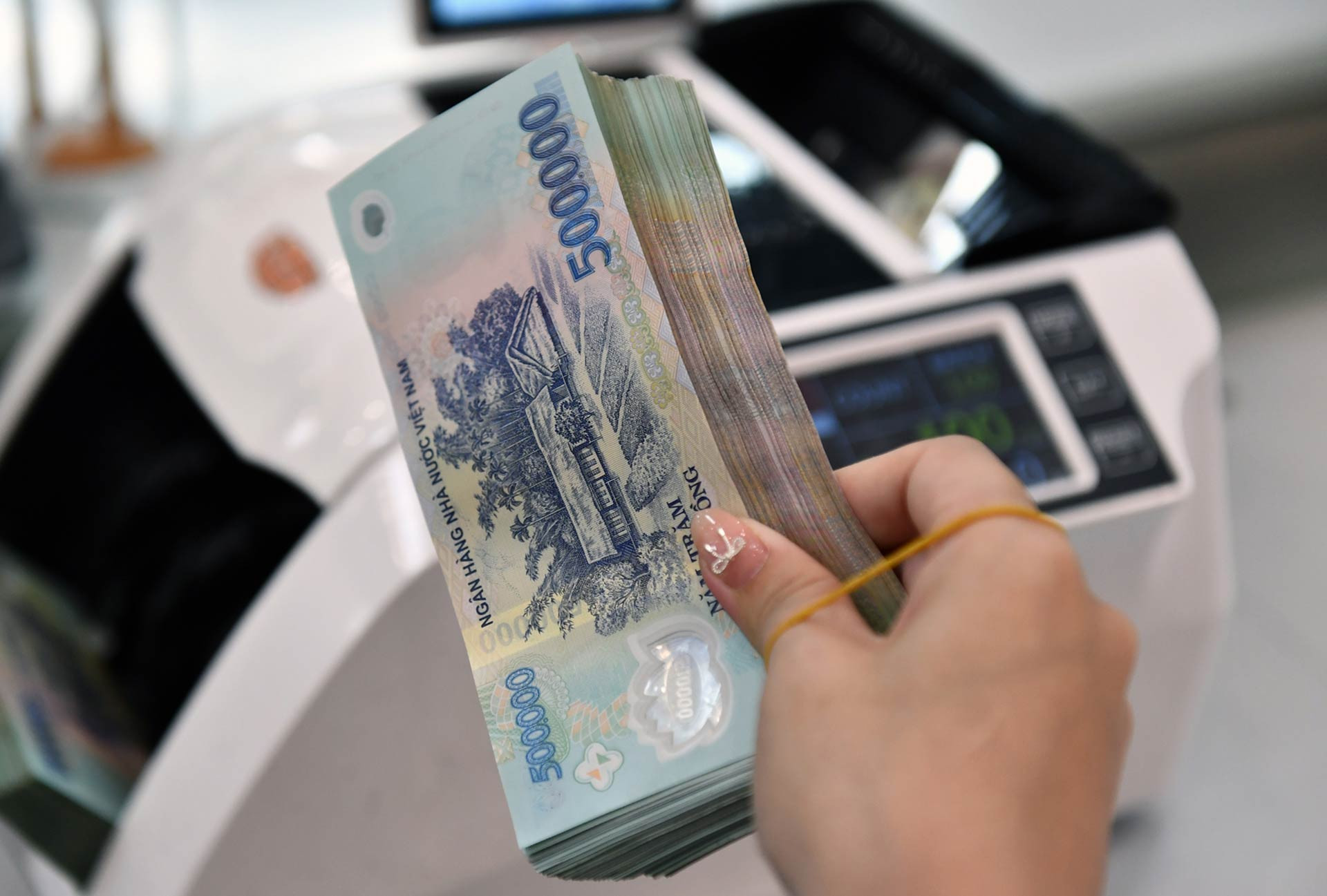The Ministry of Finance has officially proposed eliminating the flat tax for household and individual businesses by 2026, replacing it with a system requiring self-declared tax filings. The move, included in the draft Law on Tax Administration (revised), aims to align Vietnam’s tax practices with international standards and promote transparency.

According to the ministry, flat tax payers currently contribute an average of VND 672,000 to 700,000 per month (approx. USD 26.40 to 27.50), while those filing by declaration pay up to VND 4.6 million per month (about USD 180.50), nearly seven times more. This disparity has raised concerns about fairness in the tax system.
As of the end of 2024, Vietnam had around 3.6 million household and individual businesses, contributing nearly VND 26 trillion (approximately USD 1.02 billion) to the national budget.
What’s more, among over 4,000 businesses with annual revenues exceeding VND 10 billion (USD 395,000), more than half still pay flat tax at a rate as low as 0.4% of revenue. In contrast, those under the declaration method are taxed at 25–30% of their income, exposing a stark imbalance.
The ministry argues that continuing the flat tax model is outdated and inconsistent with modern tax governance standards. It further emphasizes that declaration-based tax collection brings in significantly more revenue and reflects actual earnings more accurately.
To correct these disparities, the ministry proposes scrapping the flat tax model altogether and mandating all household and individual businesses to adopt a direct tax method - calculating tax as a percentage of revenue. This method would be consistent with current regulations in the Law on Value-Added Tax and the Law on Personal Income Tax.
Timeline for implementation
Under Decree No. 70/2025, effective from June 1, 2025, any household business with annual revenues of VND 1 billion (USD 39,500) or more must switch to declaration-based taxation and issue e-invoices.
Starting January 1, 2026, the flat tax system will be abolished entirely. All businesses, regardless of size, will be required to declare income, pay taxes accordingly, and comply with digital invoicing requirements.
The ministry acknowledges that the new system could increase compliance costs, ranging from a few million to several tens of millions of dong (USD 100–400+) per year for small businesses.
The transition may pose challenges for ultra-small businesses - such as sidewalk cafés, alley convenience stores, and online sellers - particularly those run by elderly individuals or ethnic minorities with limited digital skills. As a result, some may be forced to shut down due to the new requirements.
Despite these concerns, the ministry maintains that the reform is essential to ensuring tax fairness, minimizing revenue loss, and encouraging household businesses to grow into full-fledged enterprises.
Hanh Nguyen